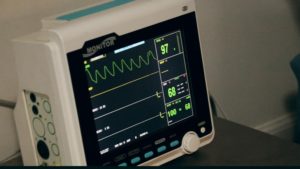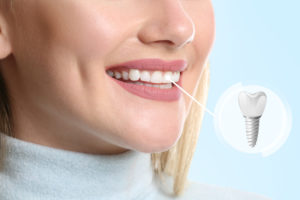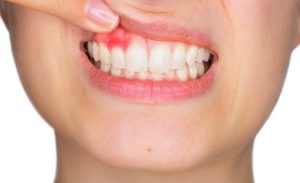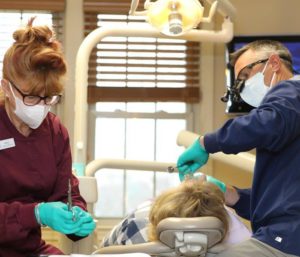
Last week I introduced a couple who had been seeing the same dentist for 30 years and were finally forced to make a change due to the dentist’s retirement. They visited a “new” dentist and were turned off because the dentist recommended significant treatment. Then they consulted with another dentist, who spent more time with them to discuss their specific situations and goals. However, they still missed their “old” dentist.
The couple loved their “old” dentist because she was someone they could relate to. The dentist kept things simple, and they liked simple. If they had a broken tooth, the dentist patched it up and they were on their way. They never talked about the… (Read More)









